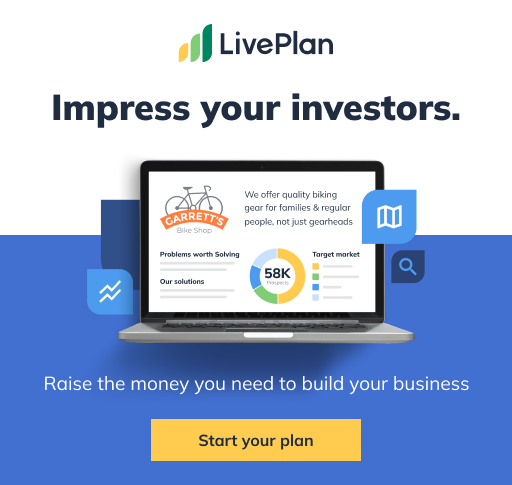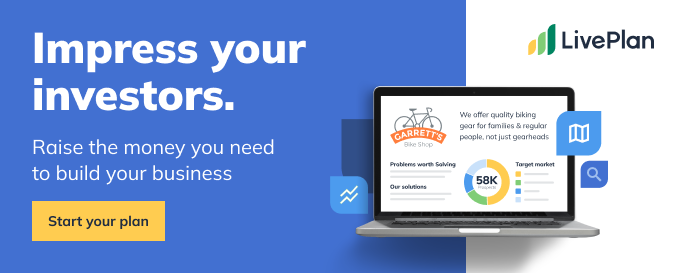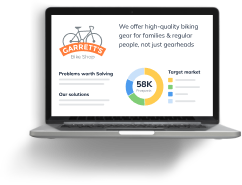
Crowdfunding Basics for Small Businesses
Crowdfunding may seem like a modern funding method, but it’s actually been around as far back as the 1700s. However, the diverse options and viability of crowdfunding didn’t take hold until the introduction and explosive growth of the internet. Now, it presents a potent alternative to traditional business financing allowing you to raise funds while validating your business idea in real time.
It offers several dynamic platforms to engage a crowd of potential backers, transforming them into your product’s first customers, your most vocal supporters, and sometimes even shareholders.
This guide will help you navigate the crowdfunding landscape, understand how to run a successful campaign, and explore the specifics of crowdfunding platforms. Let’s get started.
Things to consider before crowdfunding
Before you dive into raising money through crowdfunding, there are a few things you should consider.
Kickstarter explained
When you think of crowdfunding websites, Kickstarter is likely the first thing that comes to mind. While it wasn’t the first, its launch alongside IndieGoGo in the late 2000s signaled the emergence of crowdfunding as a major funding source.
Here are some of our best resources to help you succeed on the platform.
Patreon explained
Patreon is a unique platform in the crowdfunding landscape. While many others focus on funding a singular project, Patreon allows for ongoing funding. If you’re a content creator, artist, or smaller media company this can be a great option.
Crowdfunding templates and tools
Resources to help you raise capital through crowdfunding sites.









